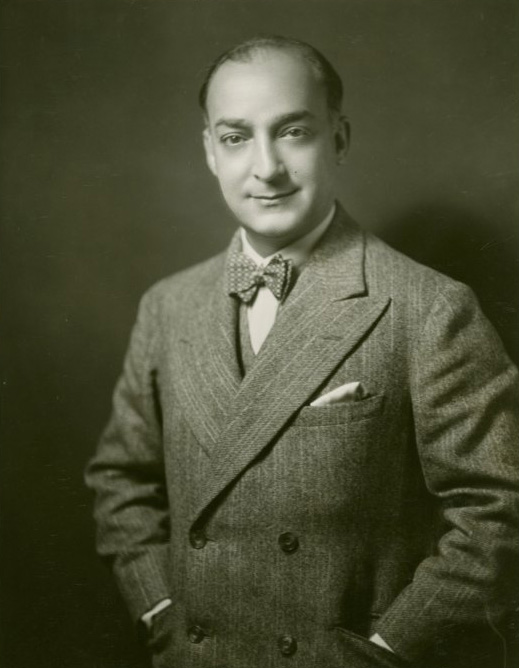
This book on the rich heritage of his ancestors, the Phoenicians, was originally written in French by Charles Corm, based on a conference that he gave in 1949 at the UNESCO General Assembly. It was translated into English and supplemented with an introductory chapter and historical commentary by Franck Salameh PH.D and concluded with an epilogue by Prof. Pierre Zalloua. Every single word in it has a lasting meaning and it could have very well been written today. Inspired by Corm’s love of his country’s accomplishments and patrimony, the book is based on objective facts and archeological findings confirmed by the testimonies of well respected historians that he cites throughout his manuscript. It brings to life the last six millennia of the Phoenicians existence, using with eloquence the alphabet that they invented. Portraying them as pacifist peaceful and giving people Corm takes us on a 6000 yearlong journey of unprecedented exploration and discoveries of the universe from the Cape of Good Hope to the shores of the Baltic; also quoting claims by eminent scholars suggesting that they went as far afield as America. He traces with rich documentation every path they navigated and negotiated through the unchartered seas that they subdued with mastery, describing every port they reached and spreading their goods, beautifully crafted artifacts and alphabet throughout the Mediterranean basin.
Charles Corm was a poet, historian, philosopher, publisher, businessman, and philanthropist. In 1919 he founded in Beirut “La Revue Phénicienne”, the first French language journal. He is also remembered as the intellectual spark of the Young Phoenician movement; a current that advocated for a millennial Lebanese identity and cultural heritage.
Franck Salameh, Ph.D. is assistant professor of Near Easter Studies at Boston College and Editor in Chief of The Levantine Review.
Prof. Pierre Zalloua is a professor of genetics at LAU’s school of medicine and an adjunct associate professor at the Harvard School of Public Health. He discovered that one in 17 men living in the Mediterranean carried Phoenician genes, indicating that the descendants of the “lost” civilization were alive and well.
the book was translated to English by Franck Salameh, Ph.D. is assistant professor of Near Easter Studies at Boston College and Editor in Chief of The Levantine Review.
Last part of the book was written by Dr Prof. Pierre Zalloua is a professor of genetics at LAU’s school of medicine and an adjunct associate professor at the Harvard School of Public Health. He discovered that one in 17 men living in the Mediterranean carried Phoenician genes, indicating that the descendants of the “lost” civilization were alive and well.




